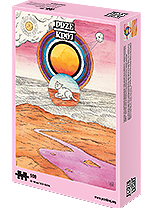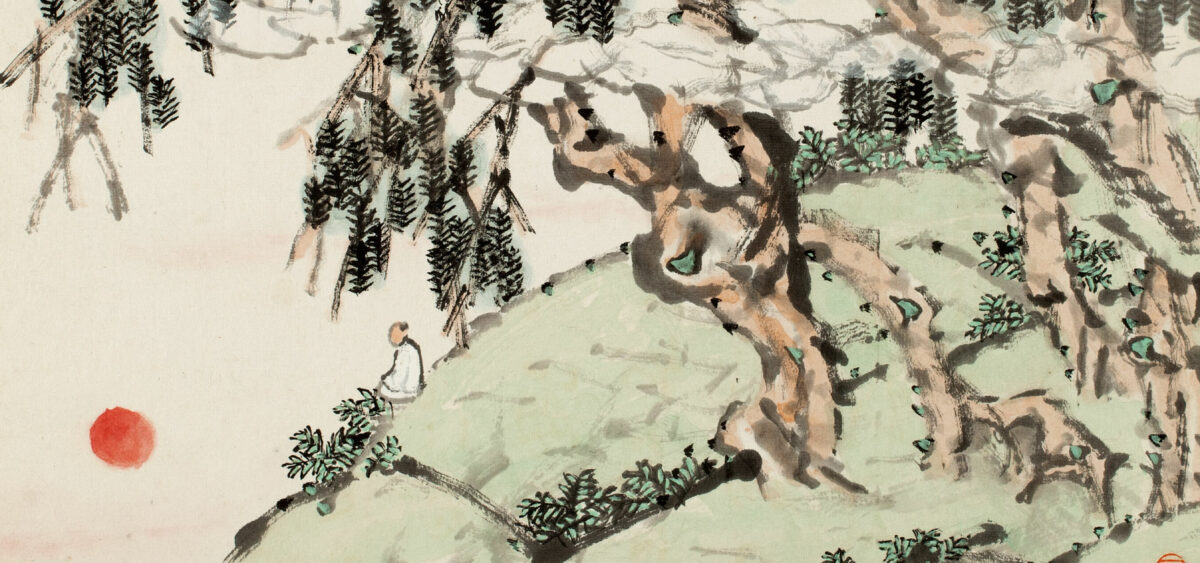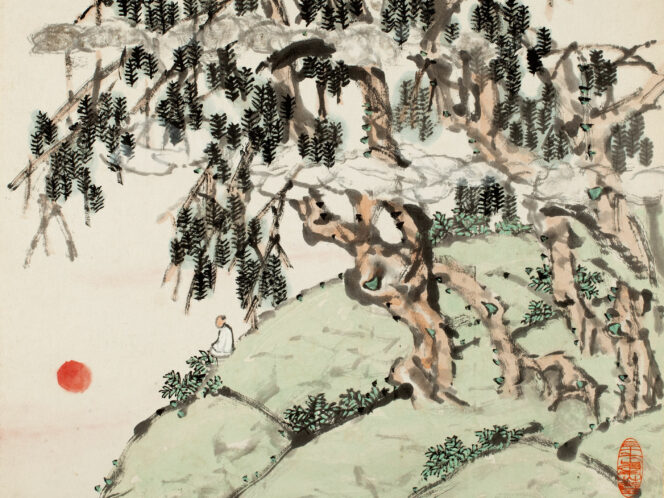
Chinese thought around the energy that sets the world in motion refers to tao (or, dao)—eternal, constant, and impossible to describe. Indigenous inhabitants of Polynesia believe in mana, a power bestowed on all creatures and things. It’s worth considering how many of these ancient ideas have survived to the present time, and in what form.
One is often not fully aware of what culture some concepts come from, what they were in the past, and what their meaning is today. There are a lot of books that refer to “tao” on the self-help shelves of bookshops and libraries—the tao of programming, health, sex, war, schooling, or microservices; the Tao of erotic massage, understanding and training a dog the Taoist way, and coaching according to Tao. It looks like tao is everywhere.
Chinese philosophers would certainly agree with this idea of the ubiquity of this concept, better referred to as dao as per the standardized Pinyin romanization system of Mandarin, but there’s more than just the key idea of Daoism that has survived to this day. As it was written in the Daodejing (also known as Tao Te Ching), it’s not the only example of when the force described thousands of years ago finds its place in the modern world.
The concept of mana is well known to fans of gaming—both computer games and tabletop RPGs. Players who favor magic users know that, without an adequate level of mana, they can achieve nothing. Very few people, however, are aware of its Polynesian roots and the path it traveled—from its function of divine power revered by the inhabitants of Oceania to the video game energy measured in points (and renewed through imbibing elixirs). Are the dao which permeates the whole world and the mana which accumulates in people, objects, and events the emanation of similar energy? While it’s unclear whether the Western cultural sphere has the tools to comprehend these forces, it might also be that they were discovered a long time ago but simply described differently.
To Describe the Indescribable
The most important personage of Daoism, the author of the Daodejing (or, The Book of the Way and Virtue), is still a mystery. Referred to as Laozi, which simply means “Old Master” it’s unclear what his real name was, or even whether he existed at all. According to legend, he was born in 571 BCE as Li Er and worked in the library archives at the court of Zhou. When he turned eighty years old, Laozi decided to retreat to the mountains. He climbed on an ox and set off, but when he got to a mountain pass watchtower, he was stopped by a guard called Yin Xi, who told him he wouldn’t let him through until he recorded all his wisdom in writing. That’s how the Daode








